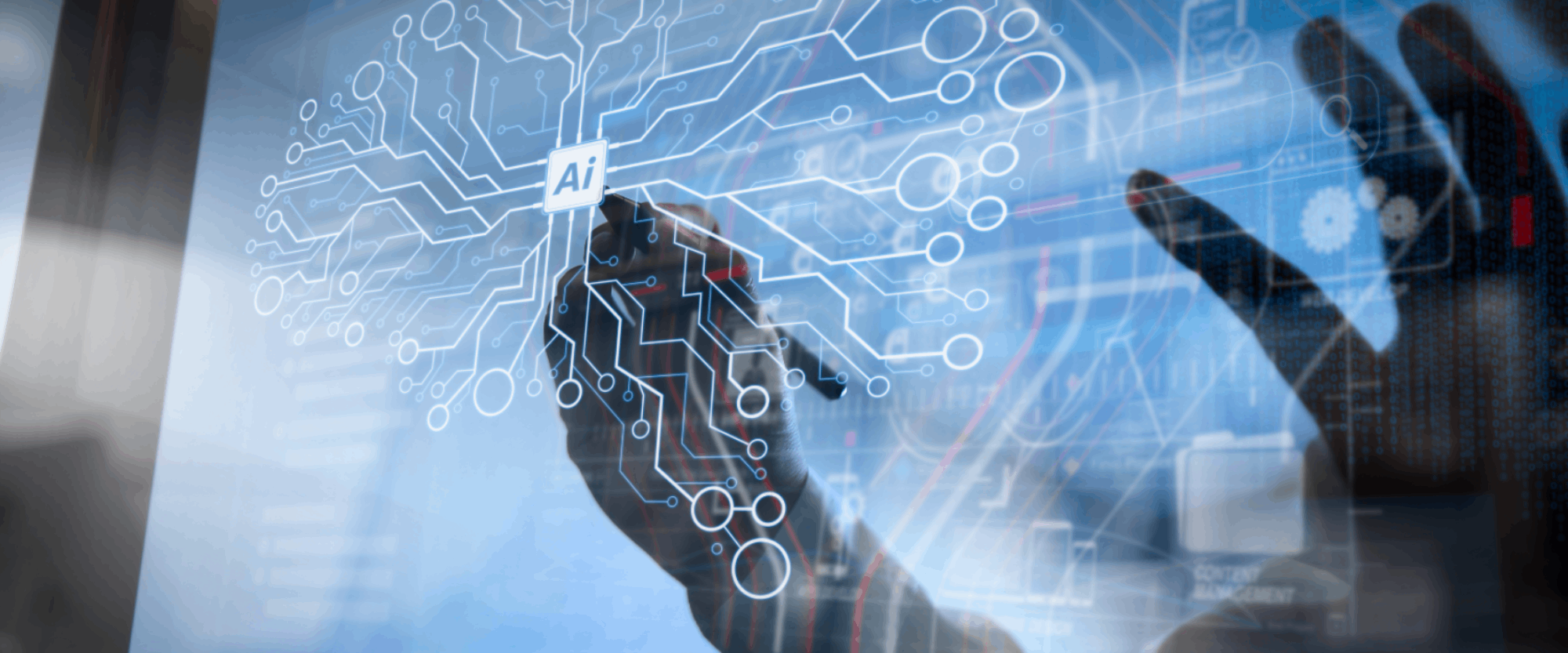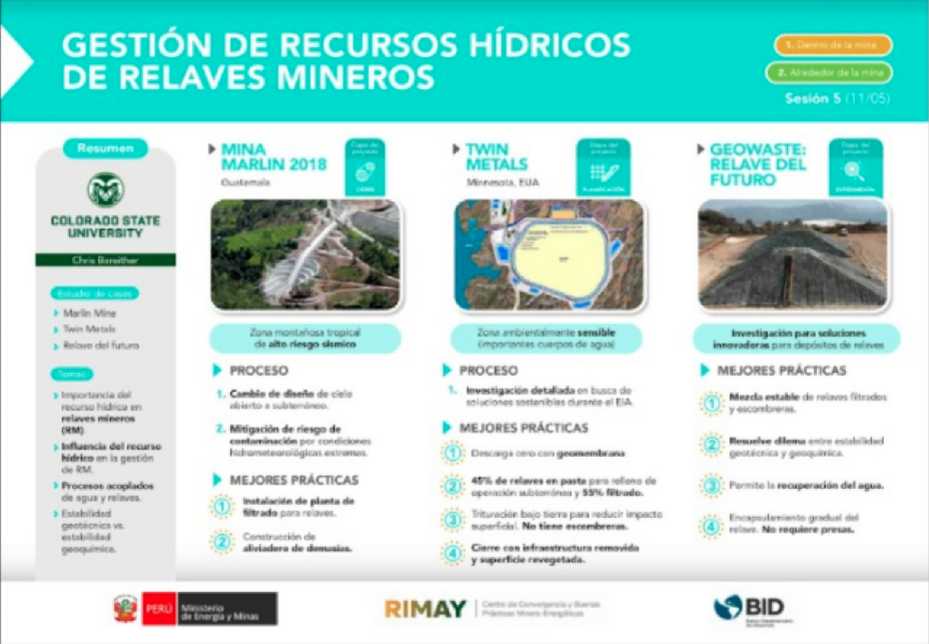PERUMIN HUB MINING INNOVATION IN PERU


CHALLENGESMINING 4.0
The fourth industrial revolution is already an urgent challenge in the mining sector and given the current situation, it is even more urgent. Technologies such as Internet of things, Artificial Intelligence, virtual reality, robotization, Cloud, Big Data, cybersecurity, 3D printing, among others; they are applicable to each of the stages of the mining business, from exploration to operations closure. Its applicability not only increases productivity, but also contributes to better environmental and social performance.
How to improve productivity and efficiency in operations by leveraging 4.0 technologies and facilitating their adoption?
Increased productivity, reduced time and costs in operations, increased recovery in plant processes, are expected results that enable an opportunity for process automation, development of sensors, use of AI, among other 4.0 technologies. This requires the identification of processes or critical elements for their implementation. Also, to maximize the benefit, it is essential to manage the process of adaptation and use of these technologies by the employee.
Mining companies are looking for technologies that consider one or more elements of value in their proposal:
Elements of value
Simplicity in the use of technologies that facilitate change management considering the digital divide of potential operators, collaborators and/or decision makers.
Solutions that consider not only the implementation of technology but also its integration with other technologies to maximize value.
Solutions that have as a pillar the adoption of the technology, through long-term support and/or methodology (not only sale of instruments).
Solutions that incorporate measurements that allow to show clear benefits; with an adequate management of reports and indicators.
Opportunity in the application of advanced analytical models for process optimization (existence of extensive data, but with a difference in format).
Cost-efficient solutions that consider the capture, transmission and use of data for interoperability.
Technologies accessible to small and medium-sized companies.
Adaptation to the operating conditions in Peruvian mines (geography, climate, value chain, etc.).
Technologies that involve suppliers in the value chain.
Technologies that retake the basic principles of mining cycle and its unitary operations.
Technologies that consider the limitations of mine connectivity infrastructure.
Self-financing in the implementation of solutions.

How to increase personnel safety through digitization along the entire operation?
The mining activity requires permanent protection of the worker to minimize the risk of accidents so that he/she can perform a safe job. Safety is transversal to the entire operation and starts from the change of shifts.
Mining companies look for technologies that consider one or more elements of value in their proposal:
Elements of value
Solutions that consider a paradigm shift in workers regarding the benefit of using technological solutions with respect to their safety. As well as the simplicity in their use.
Solutions that consider not only the implementation of technology but also its integration with other technologies to maximize value.
Opportunity in the application of advanced analytics models (extensive data but with different formats).
Technologies accessible to small and medium-sized companies.
Adaptation to the operating conditions in mines in Peru (geography, climate, value chain, etc.).
Technologies that involve suppliers in the value chain.
Technologies that reduce exposure in high-risk jobs, as well as in those with greater recurrence.
Technologies that quickly and efficiently report labor incidents.
Technologies for early warning and prevention of potential incidents.
Technologies that reduce contact between vehicles.
Predict operator and personnel fatigue.
Maximize the impact of personnel training.
Detect and alert anomalous situations.

How to incorporate technologies that guarantee cybersecurity in the mining company in the face of the use of 4.0 technologies?
Traditionally, security has focused on protecting people, a key player in mining operations. However, as a result of digital transformation and the inclusion of technologies based on Industry 4.0, security requires a new approach that includes systems, validation and data protection.
Mining companies are looking for technologies that consider one or more value elements in their proposition:
Elements of value
Solutions that consider a paradigm shift in workers regarding the benefit of using technological solutions with respect to their security. As well as the simplicity in their use.
Solutions that consider not only the implementation of technology but also its integration with other technologies to maximize value.
Consider remote work in information management.
Technologies that ensure information protection.
Solutions that incorporate gap and/or weakness analysis (e.g. Ethical hacking).
Technologies accessible to small and medium-sized companies.
Adaptation to the operating conditions in mines in Peru (geography, climate, value chain, connectivity, etc.).
Solutions that consider regulations such as, for example, the Personal Data Protection Law.









